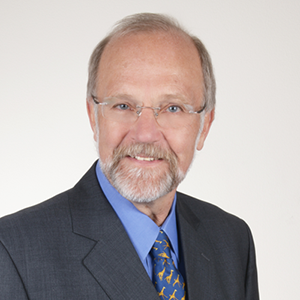Plenary session
Republic of beliefs: A new approach to law and economics
Traditional law and economics, often referred to as the ‘neoclassical approach’, has delved into many important real-world topics, from competition policy, through environmental regulation to the control of corruption. The lecture will begin with a short account of these, including conventional antitrust laws, and the challenges posed by recent technological advances and the rise of digital technology.
Despite the subject’s importance, the failures of this discipline are also many and nowhere is this as visible as in developing economies, as I learned the hard way when I was adviser to the Indian government. A common problem is that the laws are often fine on paper but poorly implemented.
One reason for the flawed design of our laws and their subsequent poor performance is a flaw in the foundations of the neoclassical approach to law and economics. This lecture asks the obverse question: Why are laws implemented so well in some nations, since laws are nothing but some rules and commands written down on paper? Why should some words written on paper change the way people behave? In answering this question, we get to review some of the early ideas of legal theorists and philosophers and end up with a new way of doing law and economics, which uses elementary game theory and is called the ‘focal point approach’ to law and economics. The focal point approach shows that the power of the law resides ultimately in the beliefs of ordinary people. This new approach avoids the deep contradictions that underlie the neoclassical approach and provides us with a much more consistent and richer method of analysis and policymaking.
It is argued that this approach can be marshalled to address some of the most pressing policy challenges, especially in emerging economies, more effectively. The lecture will illustrate these arguments with some real world examples.
 Join the network
Join the network